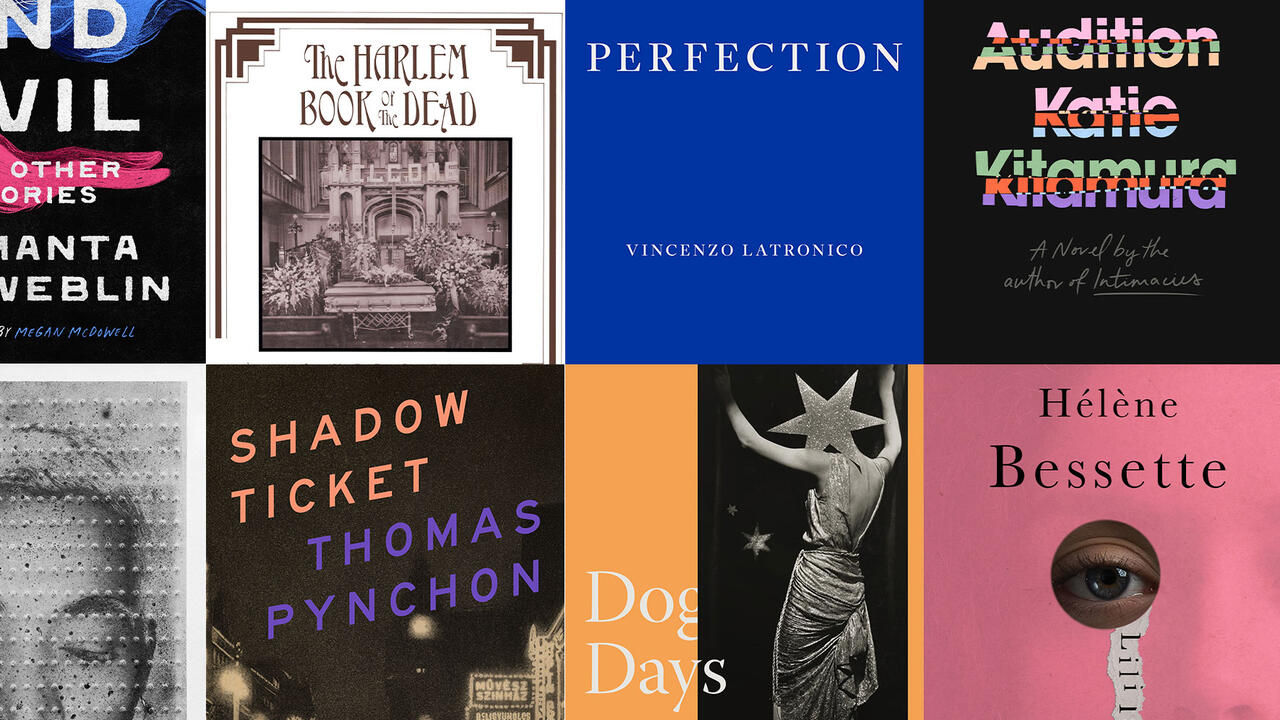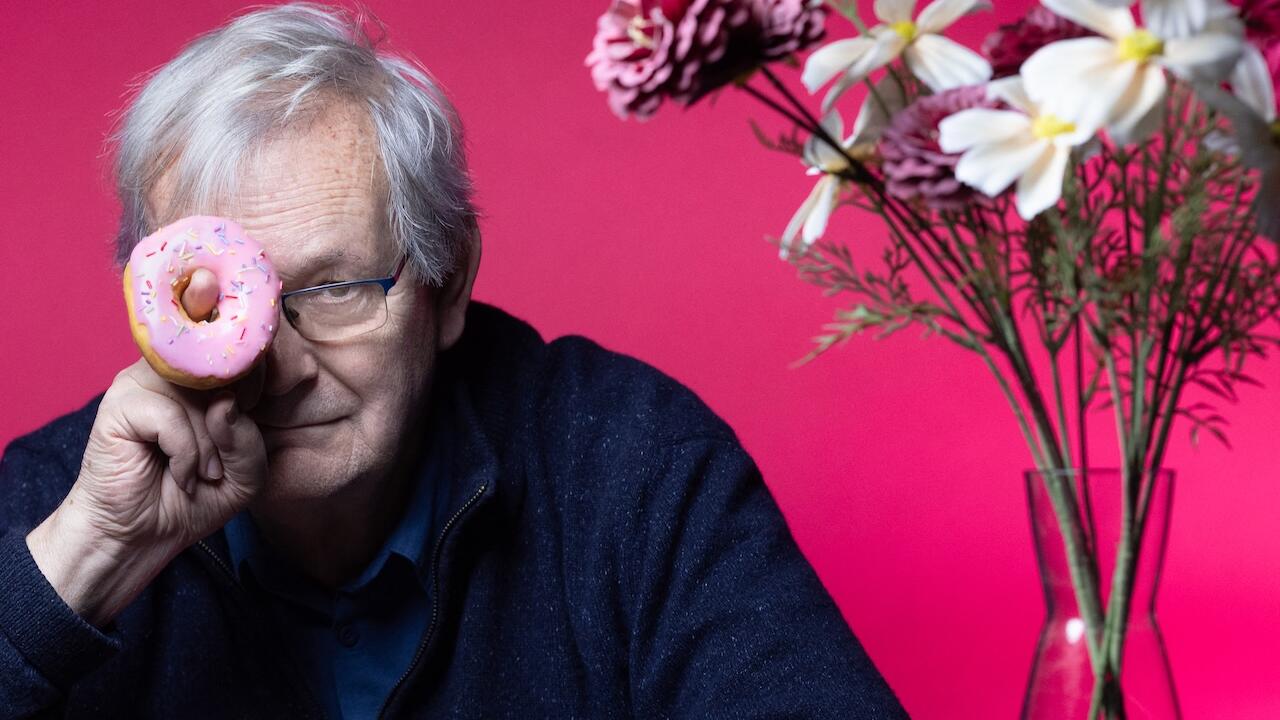A Little Learning
On losing faith in generalism, learning to listen and embracing doubt
On losing faith in generalism, learning to listen and embracing doubt
Sometimes, if I get gloomy about the (ir)relevance of criticism to the wider world, I turn (or click) to the restaurant review pages. Last autumn, I caught KCRW radio host Evan Kleiman interviewing LA Weekly’s outgoing food critic, Besha Rodell – one of the city’s best critics (in any field, period). Rodell was responding to a double-barrelled question, relating to a conflagration she’d recently been tangled in over Los Angeles critics’ misunderstanding of Mexican food, about whether the food media was too white and whether she would like to see a person of colour replace her. Yes and yes, came Rodell’s unhesitating reply.
This was in mid-October, when the LA art world was consumed by the Getty Foundation’s ‘Pacific Standard Time: LA/LA’, a hubristically broad initiative to focus (if that’s the word) the region’s galleries and museums on art from Latin America. Over a hundred exhibitions and countless associated projects offered a stupefying menu of art from the Chinese Caribbean diaspora to the Afro-Brazilian state of Bahia, from the tip of Chile to Chicano communities within Los Angeles itself. Some of it was thrilling, some of it was confounding, some of it seemed utterly fresh and other parts stodgy or stale. Most of it was previously unknown to me, not to mention the histories and contexts of its production.
I’ve rarely felt so unsure about my own instincts and judgments when surrounded by art. I’m prepared to admit that I am a European-born, white, straight, middle-class male. (I realize I’m not the only one.) While I would never choose to write about an artist because of their gender or ethnicity alone, I do often try to write about art by people who are not quite like me. On one level, this inclination constitutes a kind of affirmative action: there are never enough female artists or artists of colour given exposure in galleries or in the art press. On another, it is born of a fundamental hope that art might function as a lens onto otherness – that art can bridge difference, can speak across languages, can facilitate empathy and understanding.
Recently, I’ve increasingly come to wonder how useful my perspective really is when I’m writing outside the frame of reference that some might call my experiential comfort zone. A few years ago, such an anxiety would have seemed absurd – in fact, many would argue that it is precisely the critic’s job to be a generalist, to pass judgment widely and without inhibition or prejudice. However, demands for white men such as myself (and not only critics) to just shut up and listen, for goddamned once, have been heard in both print and social media with increasing frequency, whether in relation to issues such as racism, cultural appropriation or the recent outpouring of stories of male sexual harassment. There is not a subject, it seems, on which the average white male commentator does not feel entitled to voice his opinion.
Last summer, I inadvertently became embroiled in the Jimmie Durham affair – or the most recent iteration of it, since I quickly came to realize that debates over the artist’s ethnic authenticity have been percolating, with varying degrees of audibility, for decades. As a well-intentioned writer coming fairly new to the field of Native American art, I was oblivious to much of the history of tribal registration (as Durham’s detractors were swift to point out), and I am still embarrassed by that. But the fact that it was possible for me to be oblivious in the first place is more troubling still, and it relates in large part to the reality that many people celebrating Durham are, like myself, non-Native, European whites.
I read and I listened and I tried to weigh all sides of the argument. When I was invited to reply, in the pages of another art magazine, to letters responding to my article, I had to say that, despite everything I had learned, I still was far from convinced that Durham is an ethnic fraud. That remains my position and I feel privileged to be able to speak up for an important artist who I believe to be unfairly maligned. Would I volunteer to write that same long article on Durham’s work again? Probably not. I think a Native writer might do a better job.
Eventually, I chased down the reference to the fracas over Mexican food that I’d heard on the radio. The source was an article by Bill Esparza for the website LA Eater, titled ‘Restaurant Critics Still Don’t Understand Modern Mexican Cuisine’. He bemoaned the way many food writers (including Rodell and the usually unimpeachable Jonathan Gold) sometimes foisted patronizing and ill-informed expectations of authenticity onto Mexican restaurants when, in fact, the country’s cuisine is so diverse that it defies generalization. Esparza’s complaint derived not only from his frustration with critics’ lack of specialist knowledge, but also from their surfeit of preconceptions about what Mexican food is. ‘A little learning is a dangerous thing,’ wrote Alexander Pope in ‘An Essay on Criticism’ (1711). The article’s subheader summed up Esparza’s ultimate conclusion, which seems, conversely, to undermine his demand for specialism: Mexican food ‘should be covered just like any other type of cuisine’.
That critical precept to me seems, though appealing, rather naive. I would venture not that everything should be covered just the same, but that everything should be covered on its own terms. All types of cuisine – or art, literature, whatever – are not interchangeable or equal and connoisseurship of them demands different palates. I find myself increasingly curious about what other people think of things, people who know more about those things than me, who speak from a position of authority earned through years of familiarity and investment. I no longer have the faith in generalism I once did nor even – and this is hard to write – such faith in my own opinion. This may not be so bad. A little doubt is a valuable thing.






















